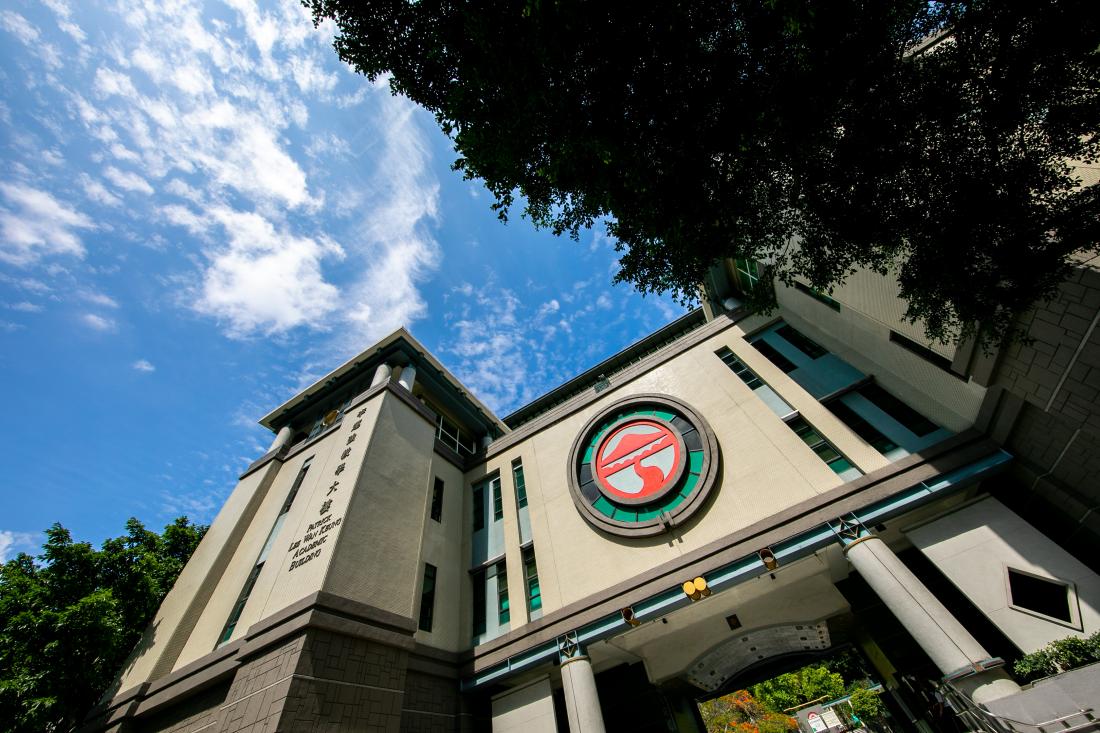To encourage and support cross-faculty, inter-university and international collaboration in the study of economic and social development, policy and governance, Lingnan University (LU) has recently established the Institute of Policy Studies (IPS).
Riding on its current research strengths, along with regional and global collaborative links, IPS enjoys the dual advantages of local relevance and global resonance through incorporating various LU’s existing policy research centres and linking inter-university research platforms. In addition to the cutting-edge research and knowledge transfer activities, IPS aims to enhance LU’s high-quality professional training in policy, development and governance studies.
“We are setting up IPS to promote synergy and partnership, and create a critical mass for supporting comparative and international research in policy studies,” said Prof Joshua Mok Ka-ho, Vice-President of LU and IPS Director.
One of the overarching goals of all the research work undertaken at LU is “Impact with Care” for the wider community in Hong Kong. In the face of the disruption and hardship brought by the COVID-19 pandemic, LU undertook a number of studies to examine the non-medical impact of the virus on seniors, students from around the world, and people in all sectors who have had to work from home, and have made policy recommendations based on the findings.
Prof Mok believes that lessons learned will result in more hybrid of international collaboration in the post-COVID-19 world with meetings being both in-person and online.
As well as buttressing this type of local role, IPS is also intended to drive the study of Asia’s economic and social development, policy and governance from comparative and international perspectives, and, via LU’s numerous regional and international partnerships, position the University as a leading centre for policy studies. To this end, existing internal and external research centres and partnerships are being amalgamated within the new institute.
Internationally, IPS will link a number of inter-university research platforms: the Asia Pacific Higher Education Research Partnership; the Centre for Research in Education in China and East Asia, a collaboration between LU and the UK’s Bath and Durham Universities; the Centre for Global Higher Education, a partnership with the University of Oxford and University College London; and, the Research Consortium in Social and Policy Science Research, where LU works with Norway’s University of Stavanger.
Within the University, IPS aims to empower cross-faculty research, drawing on work conducted by LU’s Faculties of Arts, Business, Social Sciences, and the Science Unit. These include the Lingnan-based Asia Pacific Institute of Ageing Studies, the Centre for Social Policy and Social Change, and the Centre for Competition Policy and Regulation, as well as the cross-border Lingnan-South China University of Technology Joint Research Centre for Greater Bay Area Social Policy and Governance, and the Lingnan-Wuyi Joint Research Centre for Ageing in Place.
After its launch, the IPS is organising two Webinar Series: “Cities and Governance Studies” and “Global Higher Education Series” with distinguished speakers from University of Oxford, University of Sydney, Tsinghua University, the University of Hong Kong, University of Applied Science (Germany), International Christian University (Japan), and the University of Bristol (UK).



